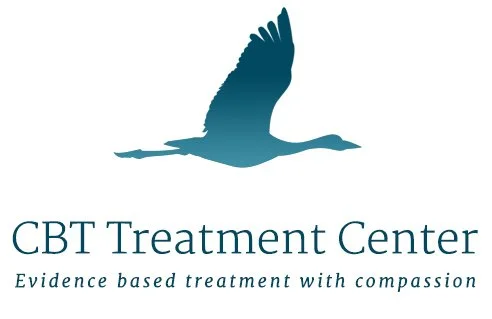ERP for OCD: Is There Such a Thing as Starting Too Soon?
Exposure and response prevention therapy (ERP) is often used to help people dealing with OCD and other anxiety disorders. The components of the therapy include exposure to whatever situations might trigger obsessions, and learning how to prevent the typical responses to those obsessions.
For someone with OCD, ERP can be extremely helpful. It allows you to face your fears or the things causing certain behaviors in a controlled and safe setting. It works by breaking the cycle of OCD, increasing your distress tolerance, and improving your overall quality of life.
If you’re struggling with the effects of OCD and you’re tired of living with obsessions controlling your life, you might be tempted to start ERP right away. However, there are a few things to keep in mind before you decide to jump in.
Most importantly, ERP should always be done with the help of a trained therapist. Let’s take a closer look at why that’s important, and whether you can actually start ERP for OCD too soon.
How Does ERP Work?
Exposure and response prevention therapy starts by identifying certain obsessions. You’ll work with a therapist to dig deeper into everything from intrusive thoughts to certain images or urges that could be causing problems.
Then you’ll cover the specific rituals you tend to engage in following those obsessions. Having a detailed list of these things can help you and your therapist create a sort of hierarchy. Which things cause the most anxiety? You’ll tend to work through those things first, gradually increasing your exposure as you come up with healthier responses.
The goal of ERP is to turn these responses into something habitual. The negative thoughts associated with certain obsessions will start to fade, and you’ll be able to develop more self-efficacy.
Why Starting ERP Too Soon Can Be a Problem
One of the biggest issues people face when starting ERP is taking on too much too quickly. This typically occurs when you try to start on your own, without the guidance of a therapist. Without preparing properly or having someone there to guide you, you run the risk of overwhelming yourself with fears and anxiety. Unfortunately, that can create a roadblock to recovery. The anxiety can reinforce avoidance behaviors and make it even harder to overcome obsessions.
It’s also essential to practice the right technique with ERP. It’s about more than just facing specific triggers. Your therapist will guide you throughout the process to ensure you’re facing your obsessions the right way and that the correct response prevention techniques are in place. Trying to do that on your own and running the risk of doing things incorrectly could end up setting your treatment back.
If you do try to tackle ERP on your own or do things too early, you might also start to get discouraged when you aren’t seeing the results you want. Again, this discouragement could set you back or even convince you to abandon treatment completely.
Working with an ERP Therapist
Taking a steady approach to exposure and response prevention therapy with a professional is the best route. Your therapist will tailor a treatment plan to your specific needs, ensuring you face the right obsessions and deal with them in healthy, productive ways.
Therapy will also introduce gradual exposure. This will keep you from feeling overwhelmed and anxious while you gain control of your compulsions.
Finally, a therapist is there to provide accountability and support. It’s not easy to overcome the impact of OCD. Having someone in your corner to guide you and serve as a support system can make a big difference.
If you’re interested in learning more about how ERP can help with your OCD, contact us today for a consultation.

